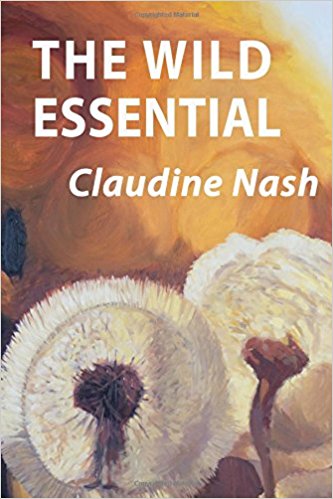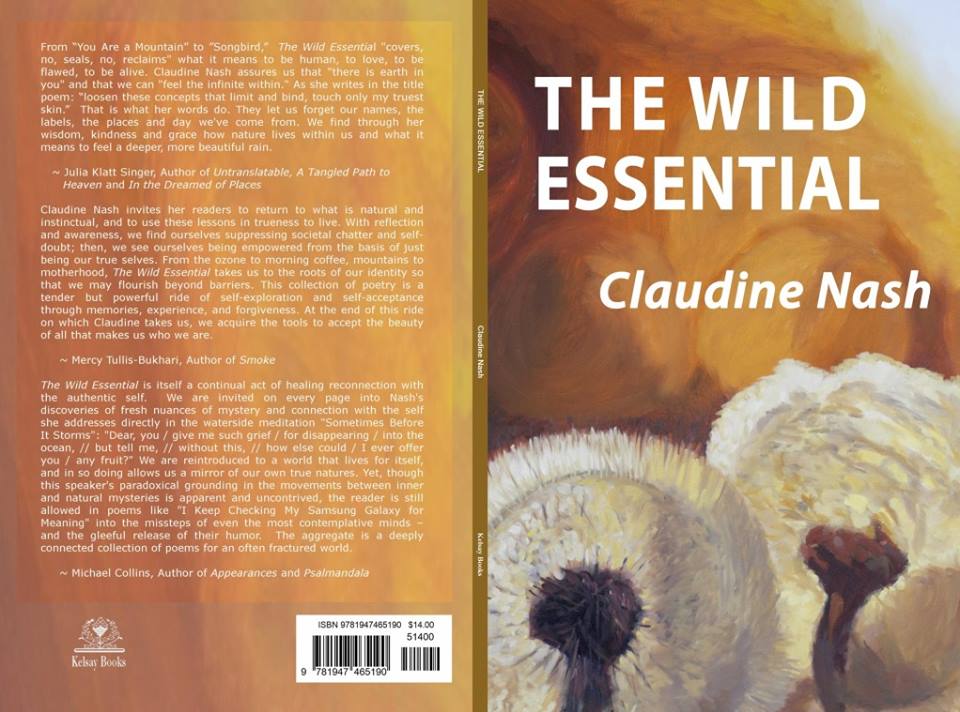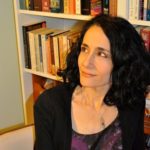Review
By
Dustin Pickering
After reading these poems, I am struck with wonder at their unique simplicity. The book advocates the ultimate vision for self-care. Nash’s understanding of psychology informs the central illuminations of The Wild Essential. Her ability to show the reader how to fight the daily battle while reminding herself throughout that her own doubts are petty make this collection as much about others as a testimony from the author herself.
“I will rise up / and make far more effort / to resist the dark.” These lines in “Unbecoming” serve as self talk. When the reader encounters them he or she feels them within, teaching self love. The mountain we become as an individual is unfathomably beautiful, strong, and indomitable. The lines from “A Beautiful Rain” tell us a secret we know but forget in weakness: “…nothing sharp or arid. Your edges / breathe and bend.” Ideologies, causes, and the arena outside one’s own control is a major source of unhappiness. Ideology, for instance, is rigid and inspires painful hate. To truly become the mountain is a process of self-forgiveness and unearthing the misleading thoughts each of us allows to rattle within.
Later in the collection, these lines appear: “There is a storm / in your veins, yes, / but not a dry gust.” The storm is the swarm of atoms orbiting as a universe within. Poets know and feel this truth differently than others because their province is wisdom. “A Beautiful Rain” uses Nature symbolism to examine how internal conflicts can have a positive value. These dialogues press us to understand our lives, our tiny spaces within them, and where our true purpose lays. In another poem we are advised to “feel the infinite within.”
In many poems, Nash employs a sense of irony. In “To the Moon”, for instance, the speaker appears confidently in battle to rid herself of negative thoughts. However, her anger toward them hides a feeling of powerlessness. In “Free as a Bear”, the essential wildness comes to life symbolized as a bear ravaging nature. There is a distinction between the natural animal and the human one? Why do some poems contain references to our internal savage in exile? Why are monkeys symbolic of nuisance mental phenomenon? The answer is that our distant human past is the nest of our inner turmoil. As we civilize ourselves quickly through improved culture and society, the archaic remnants of history live within us in their tyranny. We evolved from a violent past that is still fossilized in our craniums.
Claudine Nash is an excellent poet who is more capable than many contemporary poets of constructing a fine verse. Her second collection, The Wild Essential, explores the inner dilemma each individual faces. She reminds us our doubts and vicious emotions are illusions from our historical past, and offers treasured advice. Let the Carl Sagan epigram speak for itself.
‘The Wild Essential’ is published by Kelsay Books and is available here
Claudine Nash
Claudine Nash lives and writes in New York. She obtained a B.A. in English and Psychology from Wesleyan University and later went on to obtain two master’s degrees and a Ph.D. in Clinical Psychology from St. John’s University. Heavily influenced by her background in psychology, her poetry often delves into such topics as loss, healing and the liberation of releasing the past. Her most recent writings have focused on the power of connecting to our authentic selves.
Claudine’s books include her full-length collections The Wild Essential (Aldrich Press/Kelsay Books, 2017) and Parts per Trillion (Aldrich Press, 2016) as well as her chapbook The Problem with Loving Ghosts (Finishing Line Press, 2014). She also co-edited two anthologies; Destigmatized (2017) and In So Many Words: A Collection of Interviews and Poems from Today’s Poets (2016), both with Madness Muse Press.
Her poetry has earned numerous literary distinctions including Pushcart Prize nominations and various prizes from such publications and organizations as Artist’s Embassy International, The Song Is…, Thirty West Publishing House, and Eye on Life Magazine among others.
Internationally published, her work can be found in numerous magazines and anthologies including Cloudbank, Asimov’s Science Fiction, Star*Line, The MOON magazine, Foliate Oak, Haight Ashbury Literary Journal, Dime Show Review and Star 82 Review.
Dustin Pickering
Dustin Pickering is the founder of Transcendent Zero Press, a Texas-based literary press. He is Editor-in-Chief of Harbinger Asylum. He was a Special Guest Poet at Austin International Poetry Festival in 2013, and a feature poet for Public Poetry that same year. He is published in a variety of places, both online and in print. His current project is “Opening the Vault”, a blog of interviews concerning writing and the writer’s life in addition to essays, quips, and discussions. It is intended to serve as inspiration during dry moments in the craft.





No Comments Yet!
You can be first to comment this post!